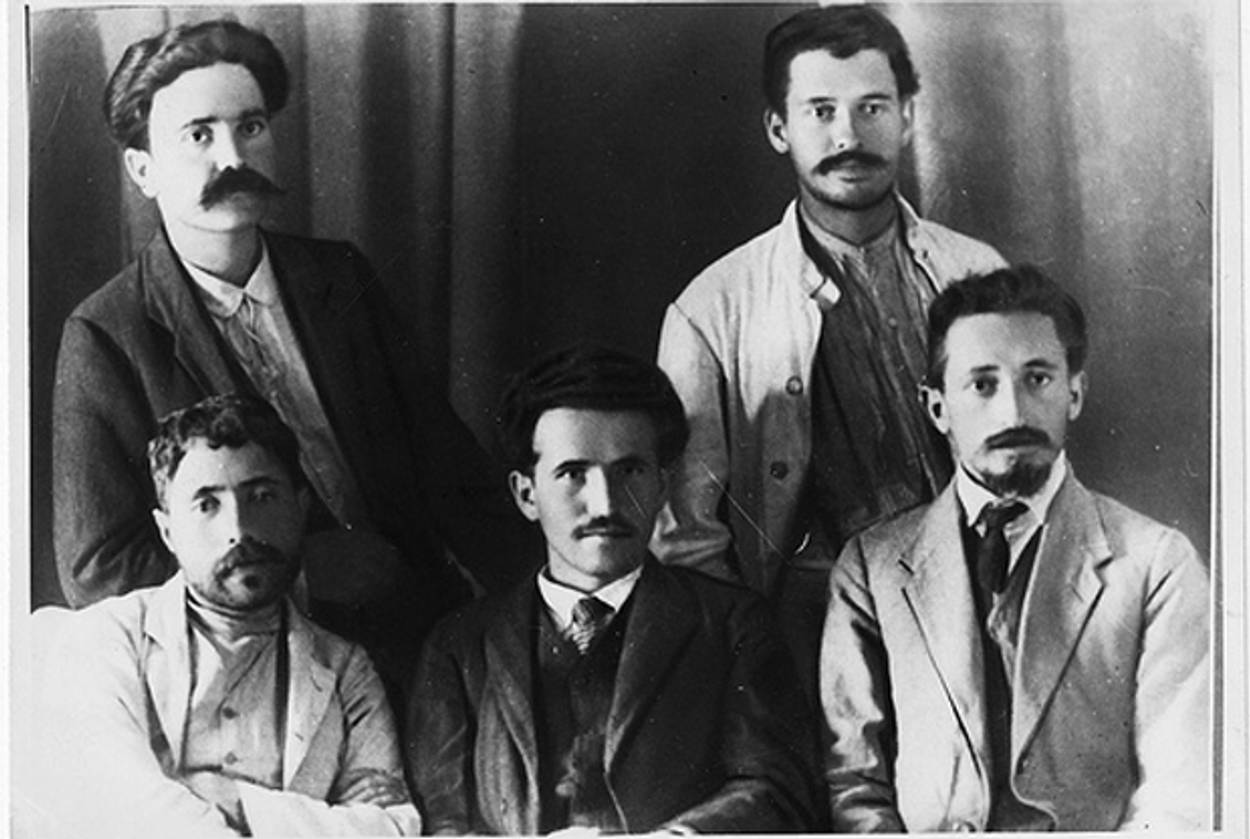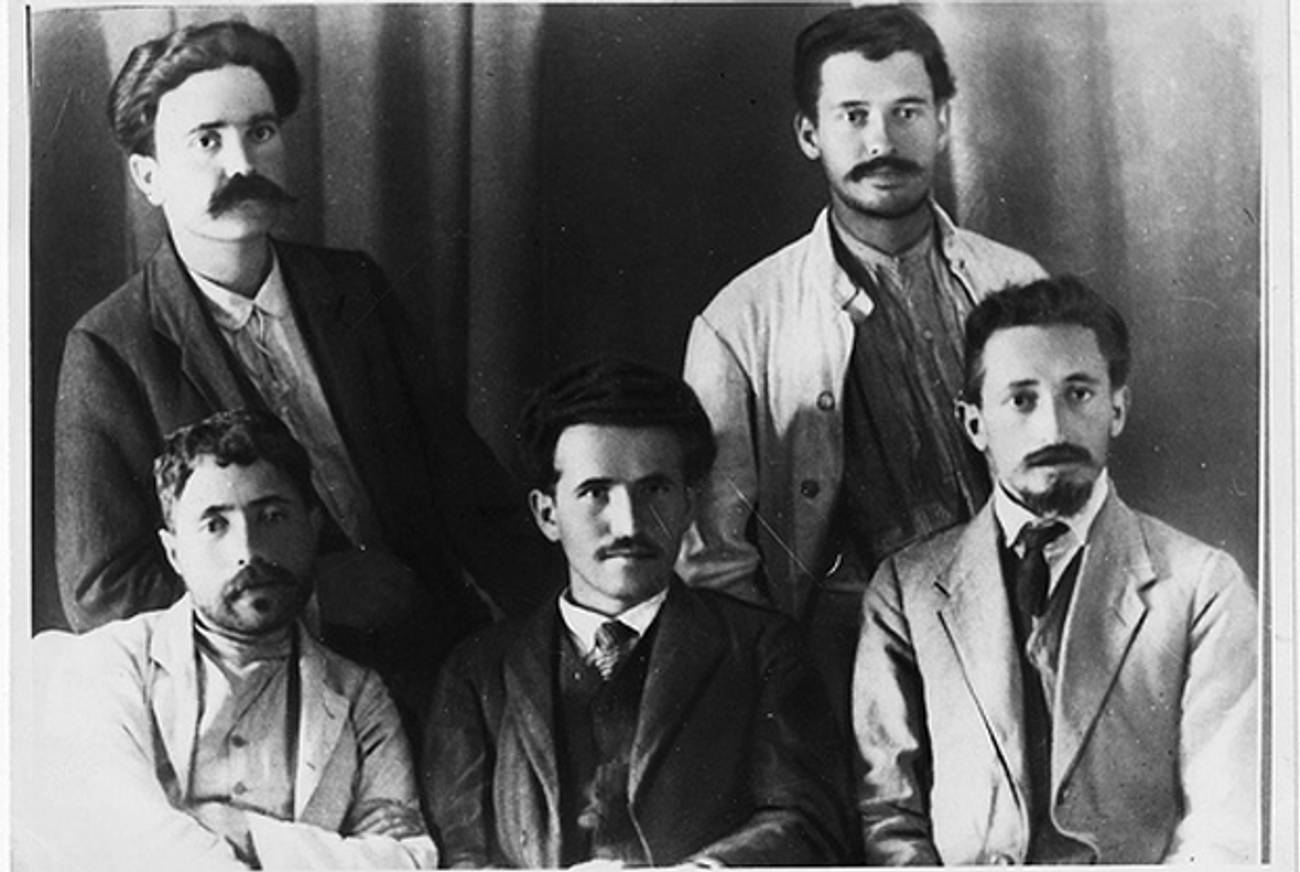Breakdown and Bereavement, Joseph Haim Brenner (1920)
The legacy of an accidental martyr and intellectual hero




In case the novel’s title failed to convey its atmosphere, here’s Brenner, one of the founding fathers of modern Hebrew literature, right at the beginning of his most powerful work: “The tortures of poor Man, we should assume, are everlasting, and those who kill themselves or lose their minds, unable to bear the disgrace of their meager private lives, do so even amidst the most glorious of times.” Even though he lived and worked in glorious times himself—the days of the Second Aliya, the same wave of migration to Palestine that spawned Ben Gurion and the rest of Israel’s soon-to-be giants—he was largely unmoved by his historical moment. To Brenner, Jerusalem was nothing more than a “holy butcher shop,” and the rugged pioneers no different than the weakling Jews who remained in their shtetls and thumbed their Talmuds. An experimental modernist, a closeted homosexual, and a fierce thinker who idolized Nietzsche, he managed to simultaneously abhor the Zionist endeavor and reluctantly become one of its most important cultural figures. The same grim spirit of refusal did not abandon Brenner on May Day of 1921, when Arab rioters advanced on his house in Jaffa. Friends secured a car and pleaded with the writer to flee, but he refused and was murdered a short while later. His appeal, however, lives on: for young Israeli intellectuals today, sick of the glut ideology that has dominated Israeli art and interested in exploring sex and madness and ideas and all the other components of ordinary human life, the wild-eyed Brenner is a rock star.
Liel Leibovitz is editor-at-large for Tablet Magazine and a host of its weekly culture podcast Unorthodox and daily Talmud podcast Take One. He is the editor of Zionism: The Tablet Guide.